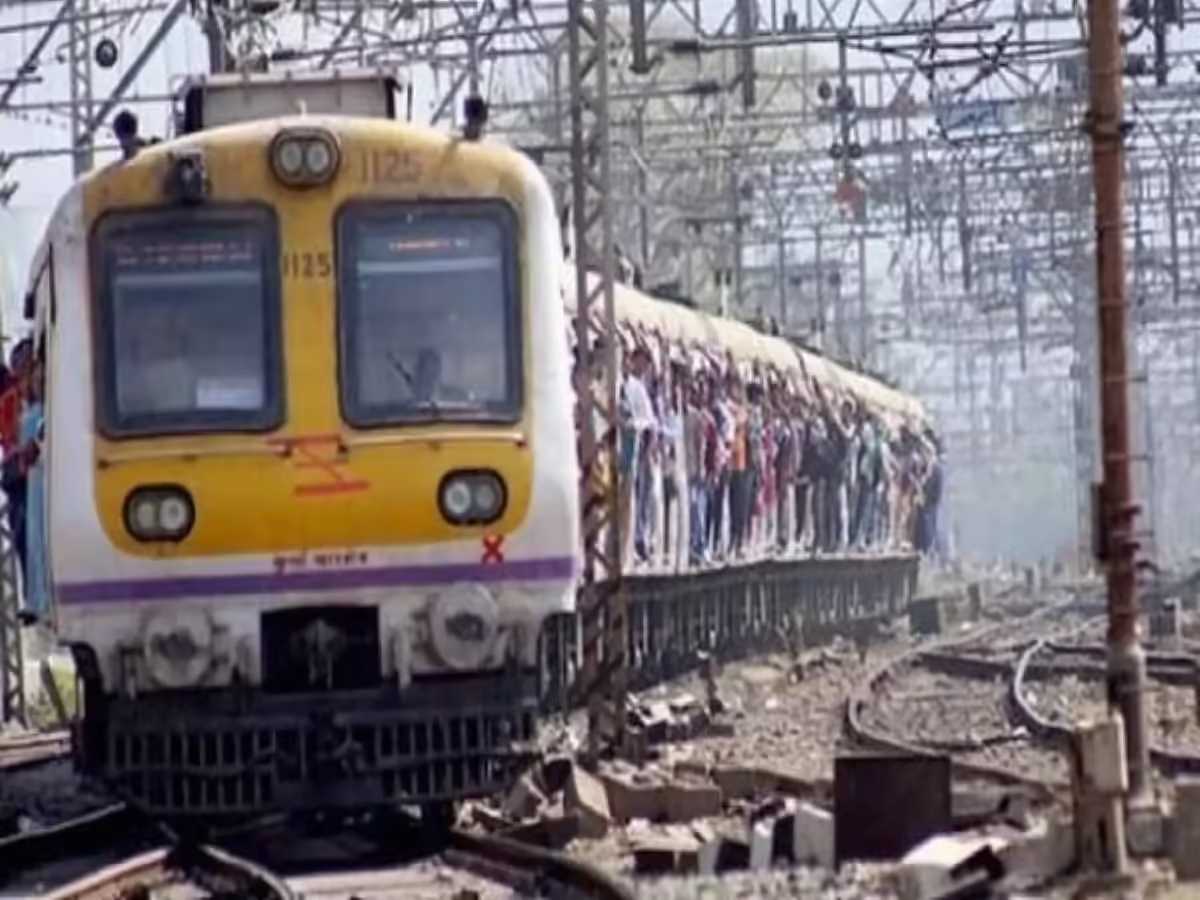Mumbai’s vital Central Railway Harbour Line experienced a significant operational setback today as train services were disrupted for an arduous 13 hours following the derailment of a Track Relaying Train (TRT) on the evening of July 6, 2025. This incident, occurring near Nerul station between Seawoods Darave and Nerul, halted Up and Down services between Vashi and Panvel, causing immense hardship for thousands of commuters during the peak evening hours. The prolonged disruption underscores the inherent vulnerabilities within high-density urban transit systems and calls for an urgent re-evaluation of infrastructure resilience and maintenance protocols in pursuit of sustainable city development.
The derailment, which took place at approximately 4:20 PM on the Up Harbour Line, involved a specialised TRT machine that was returning to Kurla after routine track maintenance during a scheduled mega block. The unforeseen malfunction of this critical piece of railway machinery immediately severed a key commuter artery, leading to the complete suspension of services in both directions within the affected corridor. For a city that breathes through its local train network, this unexpected paralysis during the evening rush not only cascaded into immediate commuter distress but also highlighted the immense economic cost of even short-term infrastructural failures on a metropolitan scale.
The ripple effect of the derailment was felt acutely by a multitude of daily commuters who found themselves stranded or facing arduous alternative travel arrangements. The incident underscored the fragility of urban mobility when reliant on a single dominant transport mode, forcing many to resort to road transport, exacerbating traffic congestion and contributing to increased vehicular emissions. This situation directly contrasts with the vision of a zero net carbon, eco-friendly urban landscape, where seamless public transport is paramount to reducing individual carbon footprints and promoting a greener commute.
The laborious task of restoring normalcy saw the first train from Chhatrapati Shivaji Maharaj Terminus (CSMT) to Panvel pass through the affected section at 5:06 AM on Monday, followed by the first train from Panvel to CSMT at 6:02 AM. Full services between Vashi and Belapur were subsequently restored by 6:09 AM. While the swift restoration efforts by Central Railway are commendable, the 13-hour hiatus raises pertinent questions about emergency response efficacy and contingency planning for critical infrastructure assets, especially those integral to maintaining the city’s economic pulse.
This incident serves as a crucial reminder of the continuous investment required not just in expanding rail networks but also in fortifying existing infrastructure against unforeseen operational challenges and the increasing pressures of urbanisation and climate change. Ensuring a robust, gender-neutral, and equitable public transport system means not only increasing capacity but also guaranteeing reliability and safety for all users, irrespective of gender or socio-economic status. Proactive maintenance, deployment of advanced diagnostic technologies for rolling stock like TRTs, and integrated disaster management strategies are essential to mitigate such disruptions, ensuring Mumbai’s suburban rail remains the sustainable and dependable lifeline it is envisioned to be for its millions of daily commuters.
Also Read: Bengaluru Extends Two Weekly Special Trains to Rishikesh and Udhampur


